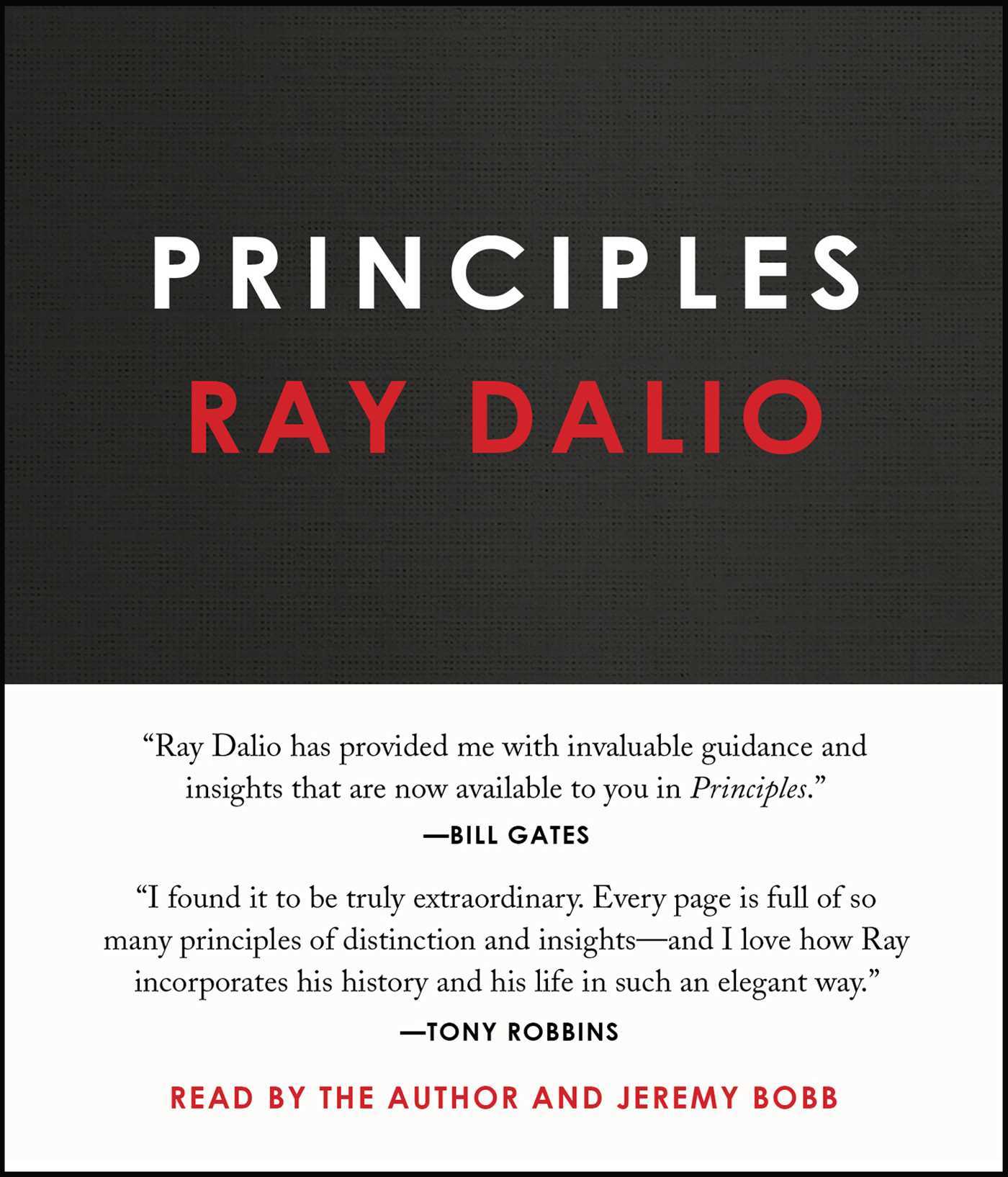Ray Dalio stands as one of the most influential figures in modern finance and management thinking. From founding Bridgewater Associates in his two-bedroom Manhattan apartment in 1975 to building it into the world’s largest hedge fund managing $160 billion, Dalio’s journey exemplifies the power of systematic thinking and principled leadership.
The Systematic Revolutionary
What sets Dalio apart from other successful investors and business leaders is his obsession with systematizing everything—from investment decisions to management practices to life choices. His approach treats success not as art or intuition, but as a science that can be understood, replicated, and improved upon.
This systematic mindset led him to develop what he calls “principles”—fundamental truths that serve as the foundation for behavior that gets you what you want out of life. These aren’t abstract philosophies but practical, tested guidelines derived from decades of real-world experience.
Bridgewater’s Innovation
Radical Transparency
Dalio’s most controversial and influential innovation is “radical transparency”—a management philosophy where all meetings are recorded, all feedback is given openly, and ego defense is actively discouraged in favor of truth-seeking. This approach challenged every conventional wisdom about workplace dynamics and hierarchy.
Believability-Weighted Decision Making
Rather than traditional hierarchical decision-making, Bridgewater developed systems that weight opinions based on track record and expertise in specific areas. This “believability-weighted” approach ensures that the best ideas win regardless of organizational hierarchy.
Machine-Like Systematization
Dalio treated Bridgewater like a machine, constantly examining what worked, what didn’t, and how to improve. This mechanical approach to management and decision-making influenced how many organizations think about process improvement and performance optimization.
Investment Philosophy
Economic Machine Understanding
Dalio’s investment success stems from his systematic study of economic patterns across history. He views economies as machines with predictable cause-and-effect relationships, enabling him to anticipate major economic shifts that others miss.
All Weather Strategy
His “All Weather” investment strategy, designed to perform well across different economic environments, revolutionized institutional portfolio construction and influenced how pension funds and endowments think about risk management.
Debt Cycle Analysis
Through detailed analysis of historical debt cycles, Dalio developed frameworks for understanding and predicting financial crises, providing invaluable guidance for navigating economic volatility.
Leadership Principles
Embrace Reality and Deal with It
Dalio’s first principle emphasizes the importance of confronting reality as it is, not as you wish it were. This fundamental approach to leadership challenges leaders to remove wishful thinking and emotional reactions from decision-making.
Use the 5-Step Process
His systematic approach to achieving goals involves: 1) Set clear goals, 2) Identify problems, 3) Diagnose root causes, 4) Design solutions, 5) Execute. This framework provides a replicable process for tackling any challenge.
Practice Radical Open-Mindedness
Recognizing that being wrong is inevitable, Dalio advocates for radical open-mindedness—actively seeking out disagreement and criticism to test and improve your thinking.
Modern Organizational Impact
Many organizations have adopted elements of Dalio’s transparency principles, creating more open feedback cultures and systematic approaches to performance improvement.
Decision-Making Frameworks
His principles for decision-making have influenced how leaders approach complex problems, emphasizing systematic analysis over intuition and creating replicable processes for better outcomes.
Leadership Development
Business schools and leadership programs worldwide study Bridgewater’s methods as examples of how systematic thinking can be applied to management and organizational culture.
Global Economic Influence
Policy Maker Advisory
Dalio’s analysis of economic cycles and debt crises has made him an influential advisor to central bankers and policy makers worldwide, particularly during periods of economic turbulence.
Market Education
Through his writings and public speaking, Dalio has educated millions about economic cycles, helping individuals and institutions better understand and prepare for economic changes.
Contemporary Relevance
In today’s rapidly changing, data-rich environment, Dalio’s systematic approach to leadership and decision-making is more relevant than ever:
- Complexity Management: His frameworks help leaders navigate increasing complexity by breaking problems into systematic, manageable components
- Data-Driven Leadership: His emphasis on evidence-based decision-making aligns with the growing importance of analytics in leadership
- Radical Transparency: As organizations seek greater authenticity and psychological safety, his transparency principles offer tested approaches
- Economic Uncertainty: His debt cycle analysis provides frameworks for understanding and preparing for economic volatility
Dalio’s work demonstrates that success in leadership and investing isn’t about individual genius but about developing systematic approaches that can be understood, taught, and continuously improved. His principles offer leaders a blueprint for building organizations that can thrive across different environments while maintaining high performance and meaningful relationships.




